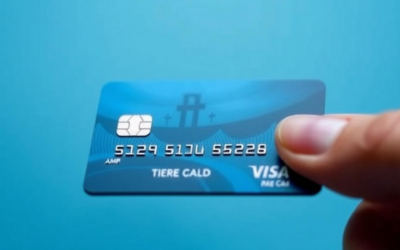The Four Methods of Payment
Cash in Advance (Prepayment)
In this method, the buyer makes full payment before the goods are shipped. It offers security for the seller but may deter buyers due to the risk of non-delivery.
Letters of Credit (L/C)
A letter of credit is a financial instrument issued by a bank, guaranteeing payment to the seller upon presentation of specified documents. It provides assurance for both the buyer and the seller, making it a widely used method for international trade.
Documentary Collections
In a documentary collection, the seller ships the goods and presents shipping documents to their bank, which forwards them to the buyer’s bank along with payment instructions. Once the buyer pays, the documents are released, allowing the buyer to claim the goods.
Open Account
This method involves the buyer making payment to the seller after receiving the goods or services. It offers flexibility but carries the risk of non-payment for the seller.
By understanding the four methods of payment for international transactions and leveraging innovative solutions from OneMoneyWay, UK businesses can navigate the complexities of cross-border commerce with confidence. Explore our payment platform today and unlock new opportunities for global growth.

Streamlining International Payments with OneMoneyWay
OneMoneyWay offers innovative solutions to streamline international payments for UK businesses.
Currency Conversion:
Seamlessly convert currencies at competitive rates, reducing the impact of exchange rate fluctuations on your international transactions.
SEPA and SWIFT Services:
Leverage our SEPA and SWIFT services for efficient and secure cross-border transfers within the European Union and beyond.
Global Payment Platform:
Our comprehensive payment platform provides a centralized hub for managing all your international transactions, enhancing efficiency and control.
Ready to Elevate Your Business?
Join OneMoneyWay for modern FinTech solutions. Empower your business today!
FAQs
Which method of payment is best for international transactions?
The ideal method depends on factors such as the nature of the transaction, the relationship between the buyer and seller, and the level of risk tolerance. OneMoneyWay can help you assess your options and choose the most suitable method for your business.
How can OneMoneyWay help with international payments?
OneMoneyWay offers a range of solutions, including currency exchange , SEPA, and SWIFT services, to streamline international payments and mitigate risks associated with cross-border transactions.
Are there any fees involved in using OneMoneyWay’s international payment services?
Fees vary depending on the specific services and transaction volumes. Contact OneMoneyWay for a customized quote tailored to your business needs.
Can I track my international payments with OneMoneyWay’s platform?
Yes, our platform provides real-time tracking and reporting capabilities, allowing you to monitor the status of your international transactions and manage your finances more effectively.







